Farmers across the country have been staging protests—occasionally turning violent—in opposition to a treaty they believe epitomizes their frustrations with long-standing European regulations on food, environmental safety, and animal welfare. A particular point of contention lies in the removal or reduction of tariffs on 160,000 metric tons of beef from Mercosur countries. Farmers argue this beef is produced using methods banned in the European Union, such as the use of artificial growth hormones.
The European Commission, however, insists that hormone-treated beef is explicitly excluded from the deal. They note that the annual Mercosur beef quota accounts for only a small fraction of the EU market and remains below the amount Europe currently imports. Despite assurances, French farmers and the French government remain unconvinced, claiming the treaty lacks adequate safeguards to ensure Mercosur producers comply with EU import standards. Paris has called for “mirror clauses” that would require South American farmers to adhere to European standards for meat production—an idea Latin American countries firmly reject.
The political stakes in this dispute have now escalated as French media and opposition parties frame this conflict as a sign of diminishing French influence within the European Union. There is growing concern that if other EU members outvote France or the European Commission overrides its objections, it would represent a significant blow to Paris’ clout in the bloc.
This tension follows a broader narrative of strained relations. Back in September, Commission President Ursula von der Leyen removed France’s then-European Commissioner Thierry Breton from his post, a move widely interpreted as a snub to the EU’s second-largest member state. France’s perceived failure to block the Mercosur agreement has further fueled criticism domestically, with some attributing it to the country’s difficulties in meeting EU budget deficit commitments, exacerbating an already volatile domestic political situation.
Meanwhile, other EU members—particularly Germany—are increasingly frustrated with France’s position. Many fail to grasp why one of the world’s largest food exporters would allow a small faction of its farmers to hold so much sway over policy.
President Emmanuel Macron, along with his ally Michel Barnier, has sought to frame France’s opposition as a matter of principle, signaling a moral and historical “veto.” They argue they “cannot imagine” the Commission advancing such a controversial treaty against the wishes of a key EU founding member. However, reports indicate that Brussels is intent on moving forward with the deal, potentially finalizing it ahead of the upcoming Mercosur summit this week.



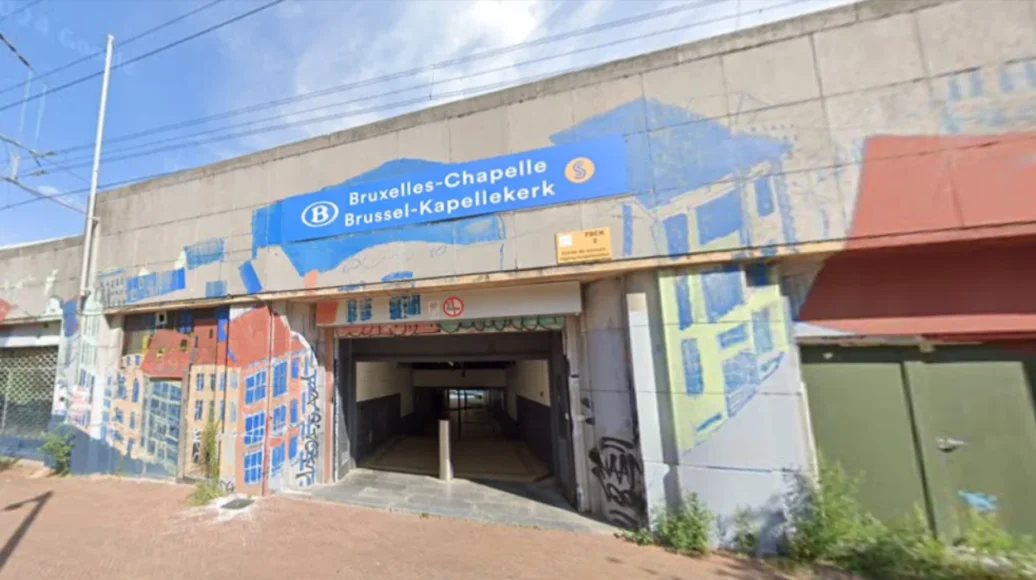

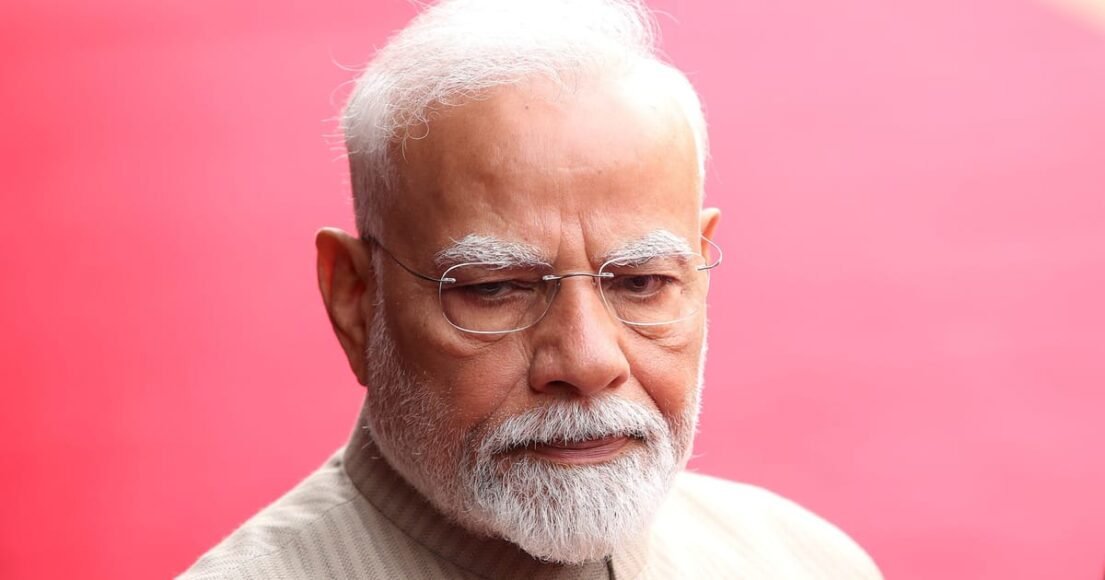
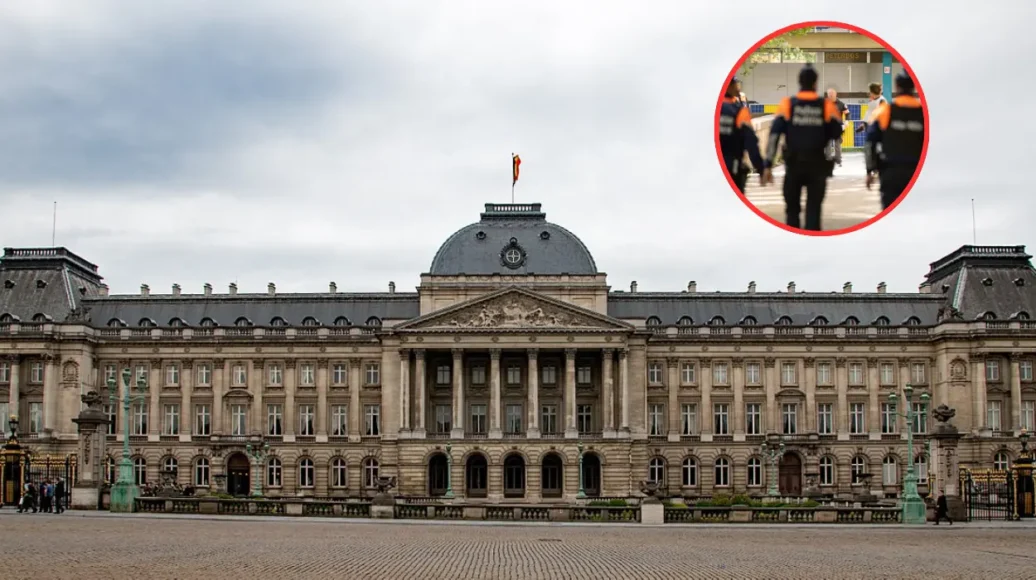
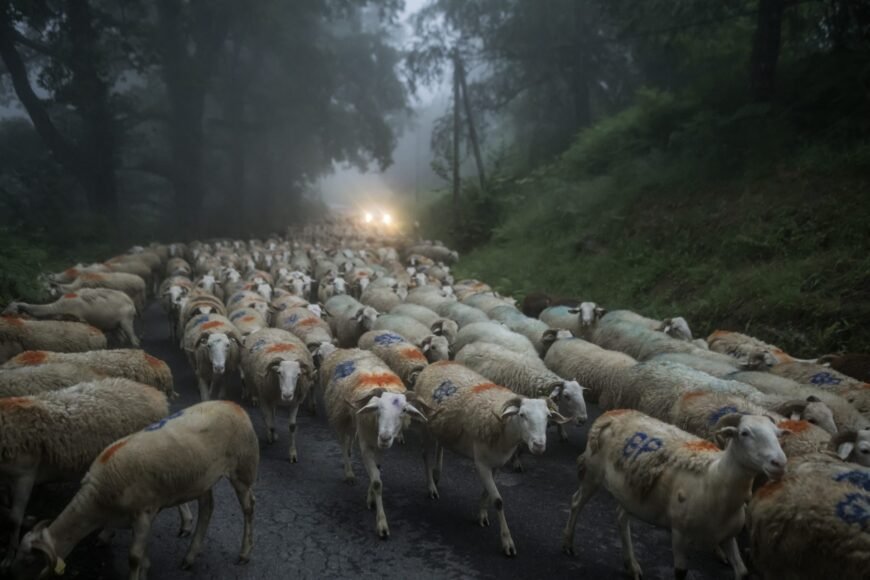
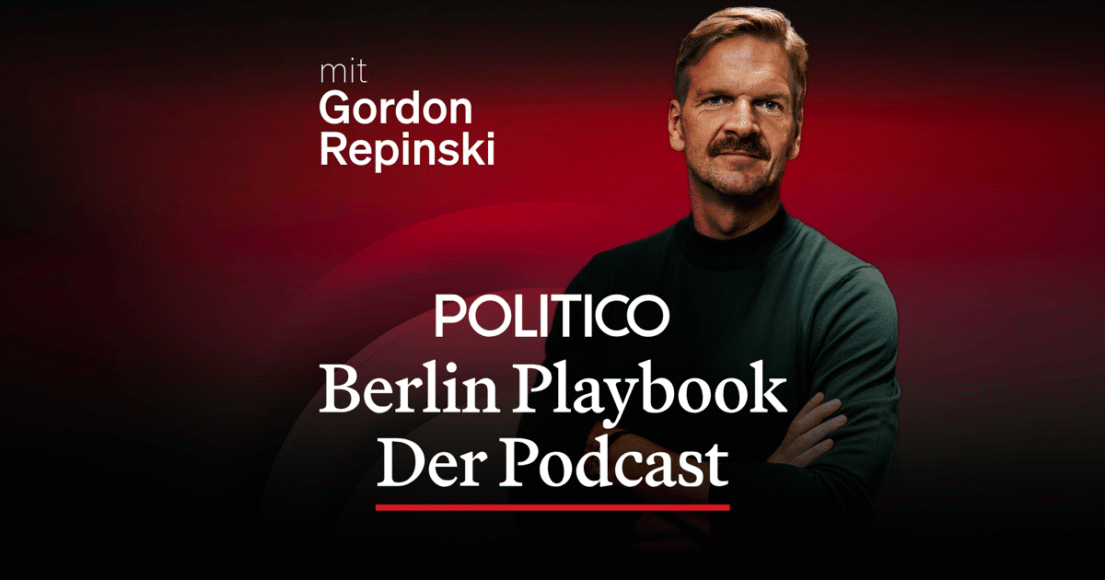
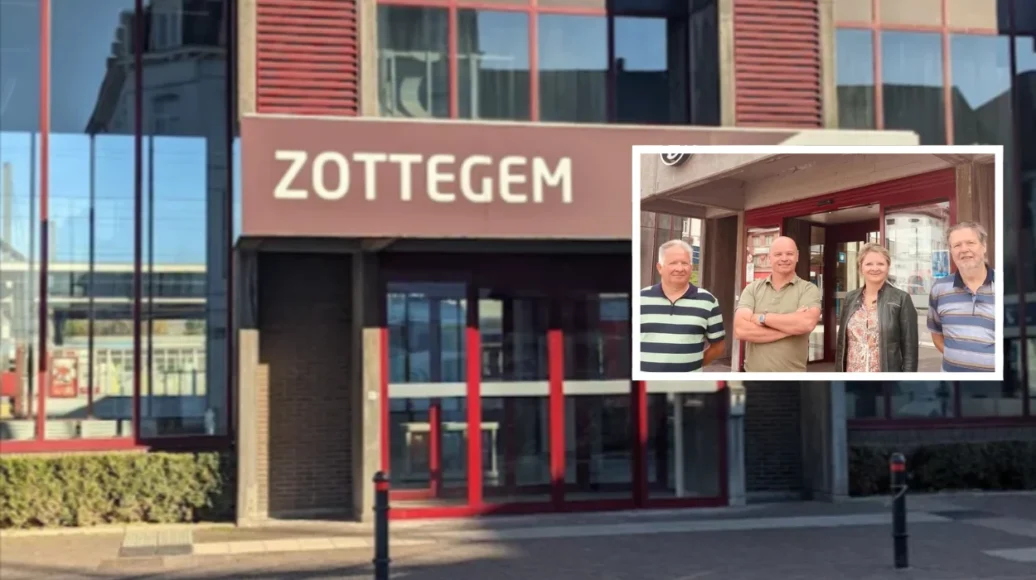

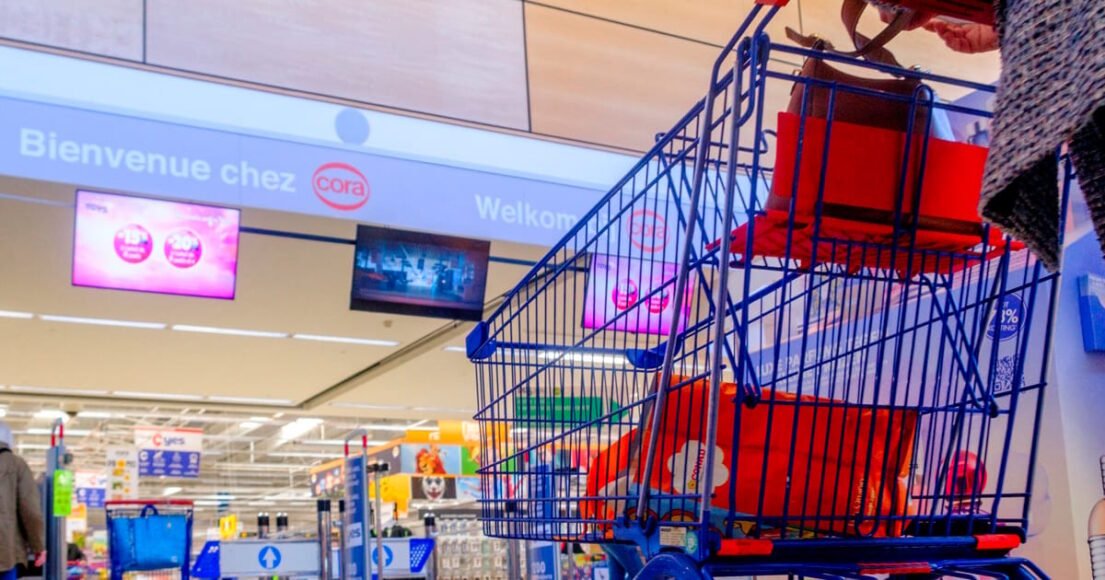
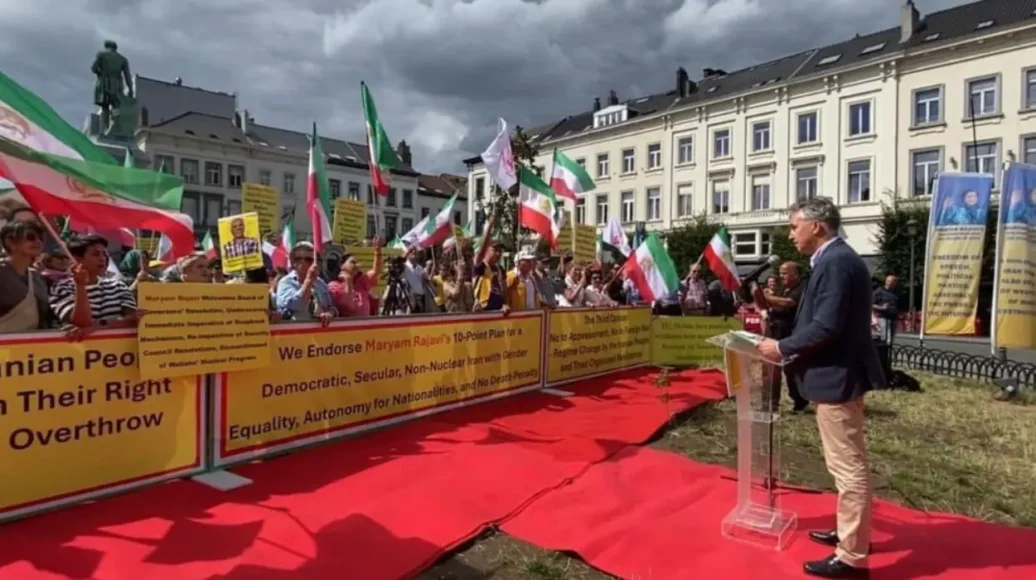
Leave a Reply